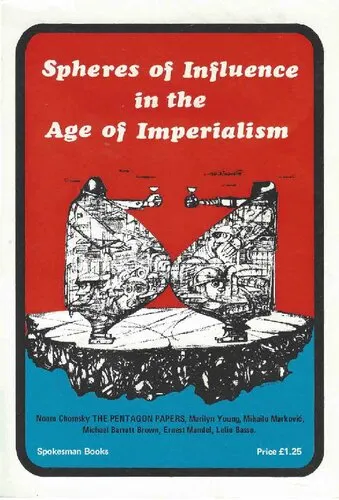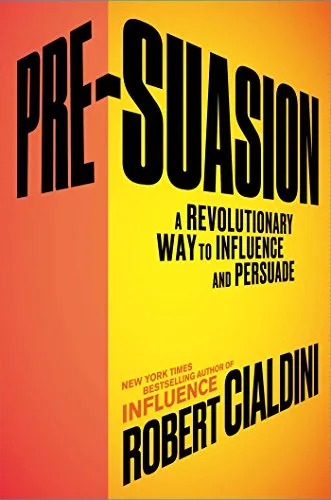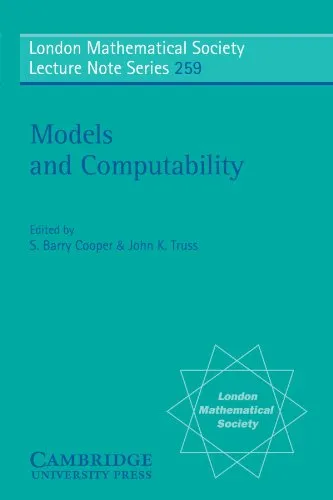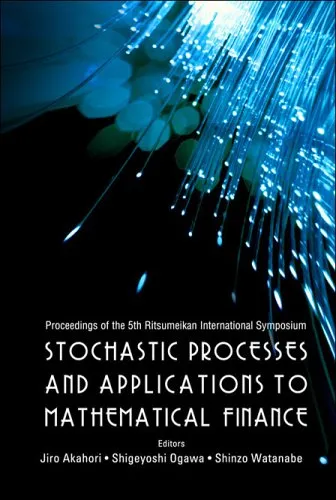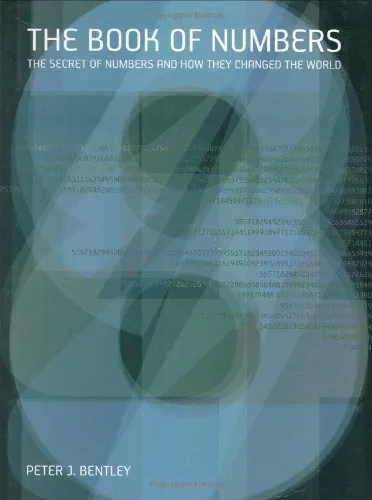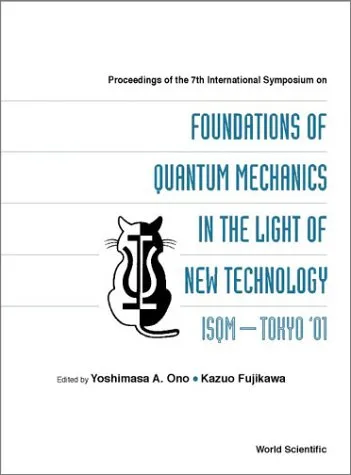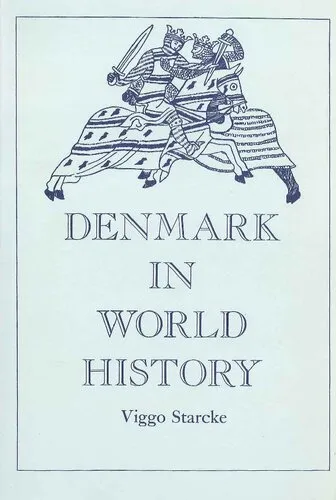Spheres of Influence in the Age of Imperialism: Papers Submitted to the Bertrand Russell Centenary Symposium, Linz, Austria, September 11th to 15th, 1972
4.5
Reviews from our users

You Can Ask your questions from this book's AI after Login
Each download or ask from book AI costs 2 points. To earn more free points, please visit the Points Guide Page and complete some valuable actions.Related Refrences:
Introduction to "Spheres of Influence in the Age of Imperialism"
"Spheres of Influence in the Age of Imperialism" is a remarkable collection of essays presented at the Bertrand Russell Centenary Symposium held in Linz, Austria, from September 11th to 15th, 1972. Authored by intellectual luminaries such as Noam Chomsky, Marilyn B. Young, Mihailo Markovitz, Michael Barratt Brown, Ernest Mandel, and Lelio Basso, this book represents a profound examination of the intricate dynamics of global power structures and imperialistic agendas within the 20th century. The symposium served as a platform for deep, scholarly engagement with the legacy of imperialism and the ongoing geopolitical ramifications of spheres of influence around the world.
Rooted in the intellectual traditions of Bertrand Russell, the book is not merely an academic endeavor but a call to critically analyze and resist imperialist tendencies that continue to influence international relations. The essays address themes such as neocolonialism, the economic and political ramifications of Cold War alliances, and the ethical responsibilities of intellectuals in shaping resistance to imperial domination. As the world grappled with the post-WWII order and the escalating tensions of the Cold War, these essays provided a vital critique of emerging power blocs and underscored the need to advocate for justice and self-determination across nations.
This introduction offers an overview of the book's structure, its critical insights, and its relevance in contemporary discussions on power, oppression, and resistance. Thematically rich and intellectually rigorous, this masterful work challenges readers to reflect on the historical and lasting consequences of imperialism while offering tools to confront modern manifestations of hegemonic power.
Detailed Summary of the Book
"Spheres of Influence in the Age of Imperialism" is structured as a compilation of papers that collectively analyze the multifaceted dimensions of imperialism. Each essay illuminates specific aspects of global dominance, ranging from economic exploitation to cultural hegemony and military interventions. Together, they form a cohesive narrative that dissects the mechanisms through which powerful nations assert authority over weaker states.
The book begins with Noam Chomsky’s incisive critique of U.S. foreign policy, examining how the United States, under the guise of promoting democracy, established far-reaching control over nations through military and economic coercion. Marilyn B. Young contributes a poignant analysis of the Vietnam War as a case study of imperialistic aggression and the resistance it inspired both locally and globally. Mihailo Markovitz explores the role of ideology in sustaining imperial rule, detailing how cultural narratives are weaponized to justify exploitation.
Michael Barratt Brown shifts the focus to economics, with a meticulous dissection of how multinational corporations operate as tools of neocolonialism. Ernest Mandel offers a Marxist interpretation of imperialism, framing it within historical materialism and demonstrating the inherent connections between capitalism and colonial domination. Finally, Lelio Basso explores the legal and ethical dimensions of imperialism, arguing for a global solidarity movement that defends the rights of oppressed peoples.
Key Takeaways
- Imperialism is not merely a relic of history but an ongoing global phenomenon that evolves in form while maintaining its exploitative essence.
- The Cold War marked a critical phase of geopolitical power struggles, where superpowers used "spheres of influence" to control regions and suppress national sovereignty.
- Economic imperialism, embodied by multinational corporations and financial institutions, is as destructive to global equality as military imperialism.
- Cultural dominance is a hidden but potent tool of imperialism, shaping perceptions and attitudes in ways that sustain global hierarchies.
- Resistance to imperialism requires not only political and economic reforms but also the unifying efforts of intellectuals, activists, and oppressed people worldwide.
Famous Quotes from the Book
"Imperialism thrives not only on the battlefield but in the silences we allow in our discourse; resistance requires speaking truth to power tirelessly." – Noam Chomsky
"The struggle against imperialism is a struggle for humanity, for the dignity and self-determination of all peoples." – Lelio Basso
"Capitalism does not merely export goods, it exports domination; the economic chains are tied with military and cultural knots." – Ernest Mandel
Why This Book Matters
"Spheres of Influence in the Age of Imperialism" is an indispensable text for scholars, activists, policymakers, and anyone committed to understanding the roots of global inequality. Its relevance endures today as nations grapple with the remnants of colonial legacies and face new imperialistic strategies imposed through globalization and economic hegemony. By shedding light on the historical processes that shaped the 20th century and their lasting influence, the book equips readers with the intellectual tools to identify, critique, and resist imperialist forces.
More than a historical analysis, this book is a call to action that underscores the ethical responsibility of individuals and collectives to create a just and equitable global order. The essays demonstrate the profound interconnectedness of struggles for democracy, economic justice, and cultural freedom, urging readers to view these as intertwined rather than isolated concerns. In honoring Bertrand Russell's legacy, the authors remind us of the enduring importance of courage, intellect, and solidarity in the face of oppression.
Free Direct Download
You Can Download this book after Login
Accessing books through legal platforms and public libraries not only supports the rights of authors and publishers but also contributes to the sustainability of reading culture. Before downloading, please take a moment to consider these options.
Find this book on other platforms:
WorldCat helps you find books in libraries worldwide.
See ratings, reviews, and discussions on Goodreads.
Find and buy rare or used books on AbeBooks.
1271
بازدید4.5
امتیاز0
نظر98%
رضایتReviews:
4.5
Based on 0 users review
Questions & Answers
Ask questions about this book or help others by answering
No questions yet. Be the first to ask!
